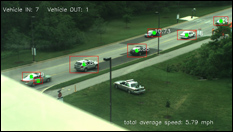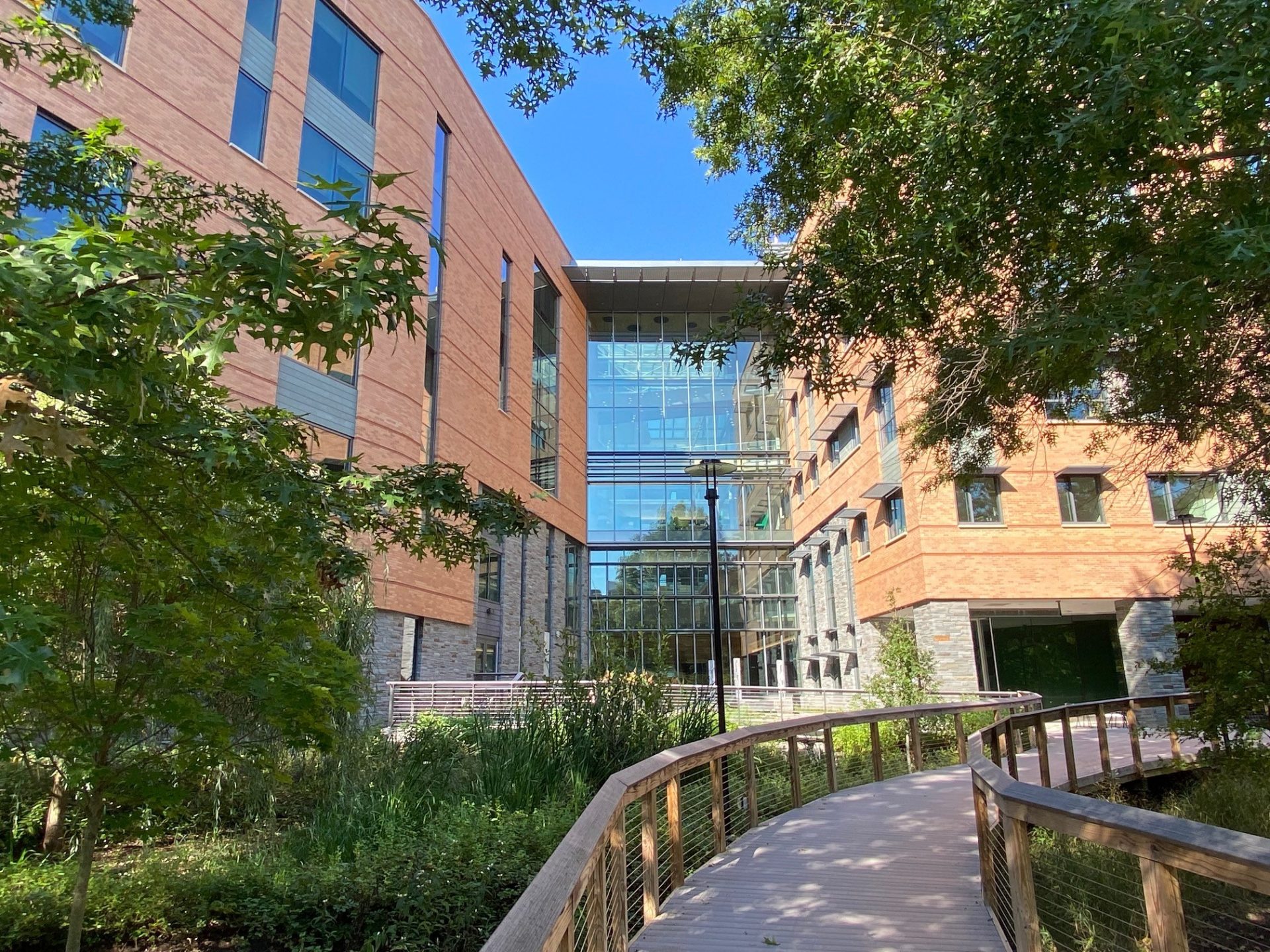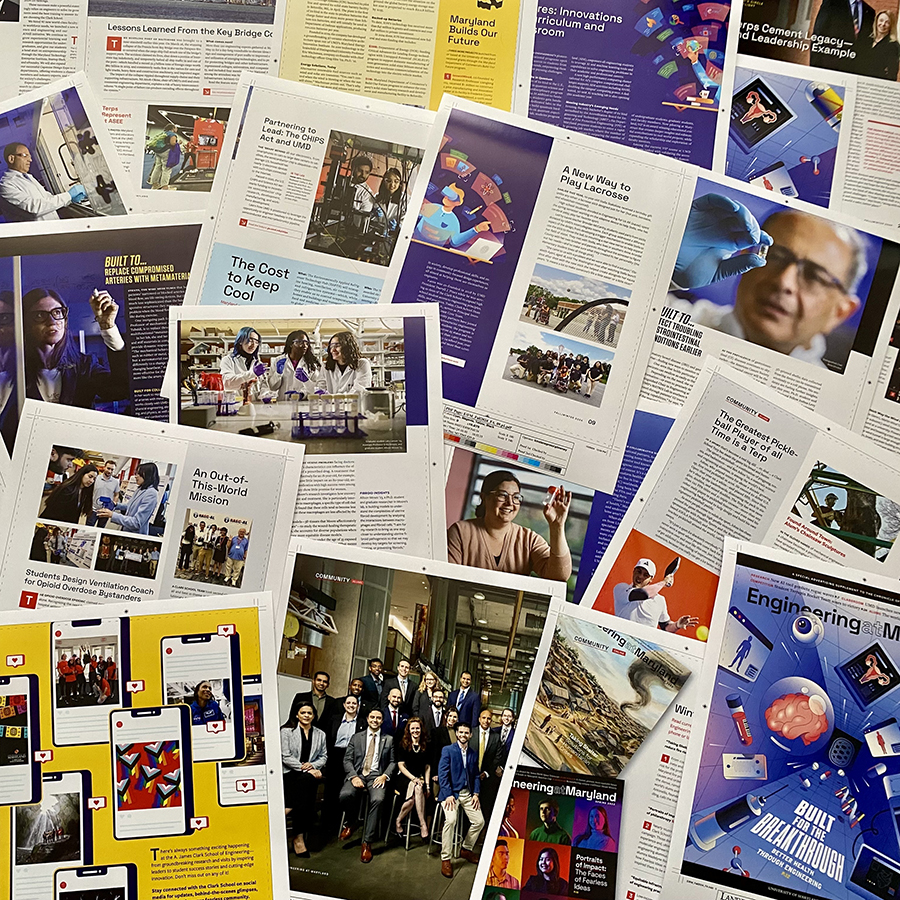News Story
$2.3 Million for Transportation Lab Project
The Center for Advanced Transportation Technology Laboratory (CATT Lab), under the direction of Michael L. Pack, has received two separate Urban Area Security Initiative grants totaling $2.3 million. Both grants are awarded by the Department of Homeland Security and will last approximately two years. These projects aim to strengthen information sharing and collaboration capabilities within the national capital region by expanding upon the existing Regional Integrated Transportation Information System (RITIS) and creating tools that can be used by regional officials to help make collaborative decisions regarding work-release, evacuations, etc.
RITIS is widely used by more than 800 individual users and 100 individual public safety, government, law enforcement, military, defense, and transportation agencies in the region. As the user base continues to grow, additional functionality is always being requested by various public and private agencies. With the onslaught of the past two years' rough winter weather, agencies are clamoring for increased road condition details through the monitoring of plow and salt truck information through GPS monitoring that already exists on many of these trucks. Similarly, agencies also want enhanced CCTV availability and CAD integration from local law enforcement. The resultant new RITIS functionality would add these sources of information to the already robust and readily used platform.
The CATT Lab also will be performing an expansion of the RITIS evacuation monitoring capabilities. A recent review of evacuation plans, practices, and coordination in the D.C. National Capitol Area by the All Hazards Consortium and the University of Maryland showed that the region still struggles with decision making with respect to when and how to evacuate, close schools, etc., whether it be for an impending hurricane, snowstorm or act of terrorism. The goal of this project is to expand the capabilities of the already widely-used RITIS program to provide collaborative, web-based, user-friendly, consensus-building tools and support tools.
For more information about RITIS, visit the CATT Lab website at: http://www.cattlab.umd.edu/
Published November 8, 2011

















